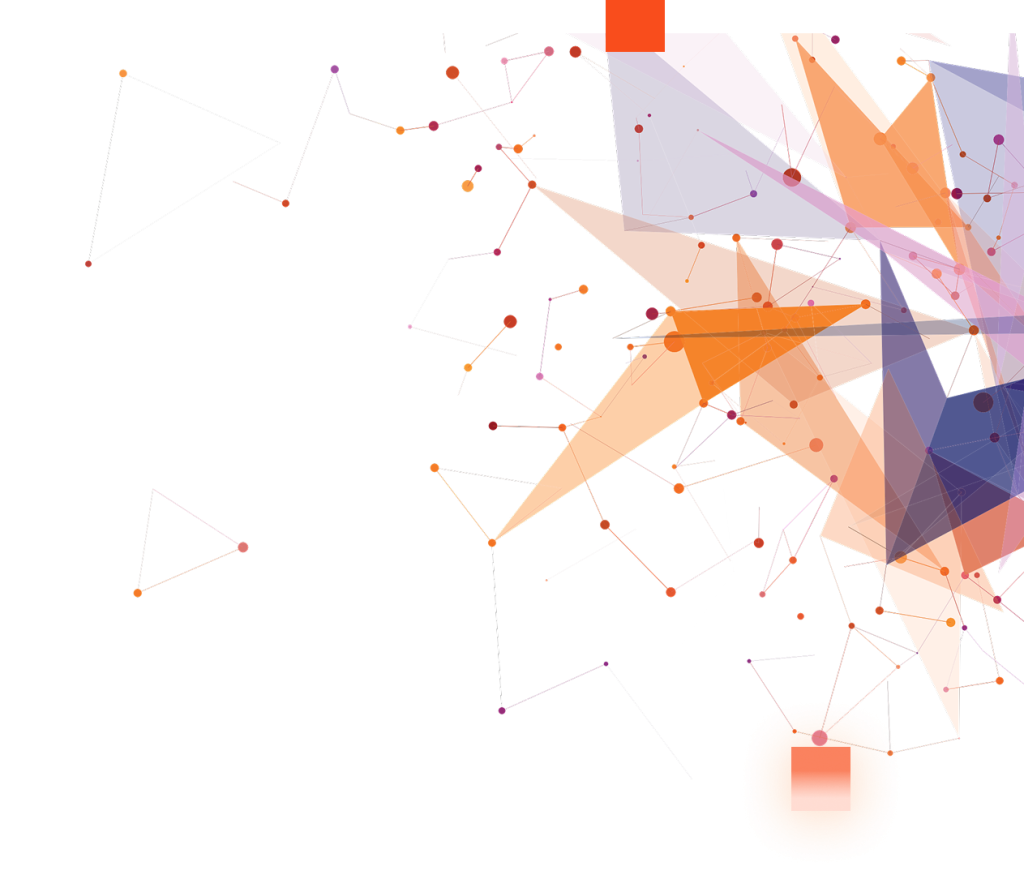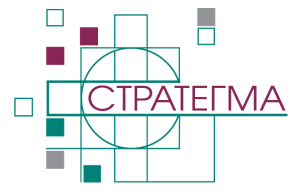Hybrid Assistant for Institutional Excellence

About the project
The hybrid assistant for institutional excellence is a radical innovative solution based on a holistic methodology for complex evaluation of the institutional condition of public institutions and identification of solutions that overcome established challenges caused by dynamic changes in the environment, as well as continuous monitoring of their performance results, including when measures for improvement are implemented. The methodology is implemented through a web-based application for creation of analytical products and delivery of high-tech services for processing, review and presentation of data on the condition and performance results of public institutions.

The purpose of the hybrid assistant is to generate a complex assessment of the existing situation, The hybrid assistant generates a complex assessment and a range of solutions based on data and formulation/ implementation of prognostic development models. It is guided by the institutional excellence concept, which is defined as constant, targeted efforts to establish an internal framework of interrelated components:
- management of the institutions;
- human resource management;
- management of material resources;
- policy formulation, including stakeholder involvement;
- development and assessment of normative acts;
- service provision;
- an ethical framework;
- accountability and transparency mechanisms and compliance of activities with the public interest, as well as other relevant areas.
The total cost of the project is BGN 440,510.00, of which the amount of grant funding from the ERDF through the Competitiveness and Innovation in Enterprises Program 2021-2027 is BGN 264,306.00. The implementation period is 18 months, starting from March 2025. STRATEGMA's contribution to the implementation is BGN 176,204.00.
What is institutional excellence and why is it important?
nstitutional excellence is a modern concept reflecting the internal organisation of an institution that creates potential and capabilities for high-quality performance with capacity to exceed the expectations versus pre-set standards. The institutional excellence has multiple aspects, among them the organisation’s management, the quality of the information it uses, the strategic and operational planning, the analytical capabilities, the setting of standards, the exercised quality control and the achieved results.

-
What differentiates the institutional excellence from the quality of a given institution is the level of performance and the achieved results: the quality implies correspondence to the set standards, while excellence implies development and exceeding of those standards.
-
Institutional excellence requires systematic and continuous efforts to improve the performance by applying best practice, innovative approaches and evidence-based strategies. It includes leadership, a strategic vision and a progressive team, a focus on public interest and on knowledge and risk management, innovations and sustainability, as well as the respective results.
-
Institutional excellence demands continuous efforts to establish an internal framework of measurable standards and processes that motivate the employees to produce results aligned with the public expectations. The basis for its achievement is the targeted commitment of everyone in the organization, the shared vision for constant improvements and the organizational effectiveness.
The survey
- The survey involves a thorough review and analysis of research results and publications dedicated to institutional excellence-related concepts, the characteristics of an excellent institution and transformative management; the organisational components with the greatest contribution to high performance quality and results; the implementation of innovative practices and their role; the relationships between well-functioning institutions, good governance and better economic and social results; the good functioning of institutions as a normative matter.
- In view of the modernising role of institutional excellence for the contemporary institutions, the research interest scope incorporates new topics that emerged in the literature dedicated to public institutions in the past five years.
- Among these topics are the administrative tradition that explains the differences in the administrative practice of the countries and has a direct practical impact on the results; the role of the organisational memory for the IT experts with regard to electronic government; the transformative role of the artificial intelligence in the work of the public administration; the theory of paradox in the electronic government; the new document management systems; intrapreneurship in the public institutions.
- The second thematic field of the survey is best practice, or a review and analysis of methodological documents and models for evaluation of the institutional status of public institutions and identification of solutions to overcome the established challenges applied in Bulgaria and in other states as well as those developed by international organisations for the purposes of institutional development. The selection includes documents of UNDP, the European Commission, the Asian Development Bank, the UK Foreign Office, the civil service of France, the Ministry of Foreign Affairs of Finland, the civil service of Spain etc.
- The third thematic field of the survey is the so-called benchmark documents that define standards in the work of the public sector organisations. The selection includes the European Semester quality of the public administration indicators; the European Commission Quality of the Public Administration toolkit; Principles of the Public Administration – a holistic approach in the context of the EU enlargement by SIGMA, the ComPAct political programme; the European Commission capacity development toolkit.
The technology
During the research phase architectures of artificial neural networks are researched for assessment and prognosis of factors with high levels of uncertainty.
Also researched are artificial neural network architectures for solving problems similar to those posed by the project. This involves opportunities for forecasting complex systems depending on numerous factors. The review includes both the more classical feedforward networks and the use of deep learning and multilayered perception.
Contact information
- 18 Rakovski Str., 1202 Sofia
- (+359 2) 981 47 38
- agency@strategma.bg
Funded by the European Union. However, the views and opinions expressed are those of the author(s) alone and do not necessarily reflect the views and opinions of the European Union. Neither the European Union nor the granting authority can be held responsible for them.

